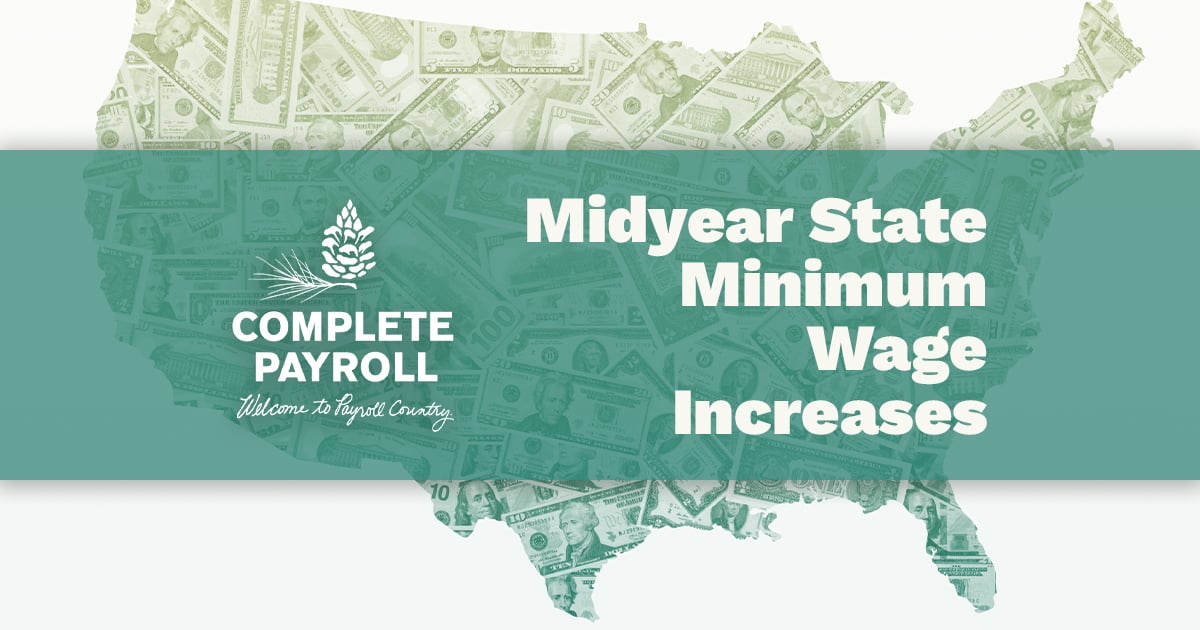Federal Professional Exemption
Overview of Law
To be properly qualified as exempt a professional employee must pass three tests: They must perform certain duties, they must be paid the minimum salary for exempt employees as designated by the Department of Labor, and they must be paid on a salary basis, meaning they’ll make the same amount every week regardless of how many hours they work, or the quantity or quality of their work.
There are two kinds of professional employee exemption. Employees only need to qualify for either Learned or Creative to be exempt.
Learned Professional
- The employee’s primary duty must be the performance of work requiring advanced knowledge, defined as work which is predominantly intellectual in character and which includes work requiring the consistent exercise of discretion and judgment; and
- The advanced knowledge must be in a field of science or learning; and
- The advanced knowledge must be customarily acquired by a prolonged course of specialized intellectual instruction (usually an advanced degree, such as a Master’s, JD, MD, or Ph.D.)
Work Requiring Advanced Knowledge
“Work requiring advanced knowledge” means work that is predominantly intellectual in character, and which includes work requiring the consistent exercise of discretion and judgment. Professional work is therefore distinguished from work involving routine mental, manual, mechanical or physical work. A professional employee generally uses advanced knowledge to analyze, interpret or make deductions from varying facts or circumstances. Advanced knowledge cannot be attained at the high school level.
Field of Science or Learning
Fields of science or learning include law, medicine, theology, accounting, actuarial computation, engineering, architecture, teaching, various types of physical, chemical, and biological sciences, pharmacy, and other occupations that have a recognized professional status and are distinguishable from the mechanical arts or skilled trades where the knowledge could be of a fairly advanced type but is not in a field of science or learning.
Customarily Acquired by a Prolonged Course of Specialized Intellectual Instruction
The learned professional exemption is restricted to professions where specialized academic training is a standard prerequisite for entrance into the profession. The best evidence of meeting this requirement is having the appropriate academic degree. However, the word “customarily” means the exemption may be available to employees in such professions who have substantially the same knowledge level and perform substantially the same work as the degreed employees, but who attained the advanced knowledge through a combination of work experience and intellectual instruction. This exemption does not apply to occupations in which most employees acquire their skill by experience rather than by advanced specialized intellectual instruction.
Teachers
Teachers are exempt if their primary duty is teaching, tutoring, instructing, or lecturing in the activity of imparting knowledge, and if they are employed and engaged in this activity as a teacher in an educational establishment. Exempt teachers include, but are not limited to, regular academic teachers; kindergarten or nursery school teachers; teachers of gifted or disabled children; teachers of skilled and semi-skilled trades and occupations; teachers engaged in automobile driving instruction; aircraft flight instructors; home economics teachers; and vocal or instrument music teachers. The salary and salary basis requirements do not apply to bona fide teachers. Having a primary duty of teaching, tutoring, instructing, or lecturing in the activity of imparting knowledge includes, by its very nature, exercising discretion and judgment.
Practicing Doctors and Lawyers
An employee holding a valid license or certificate permitting the practice of law or medicine is exempt if the employee is actually engaged in such a practice. An employee who holds the requisite academic degree for the general practice of medicine is also exempt if he or she is engaged in an internship or resident program for the profession. The salary and salary basis requirements do not apply to bona fide practitioners of law or medicine.
Creative Professional
The employee’s primary duty must be the performance of work requiring invention, imagination, originality, or talent in a recognized field of artistic or creative endeavor.
Exemption as a creative professional depends on the extent of the invention, imagination, originality or talent exercised by the employee. Whether the exemption applies must be determined on a case-by-case basis. The requirements are generally met by actors, musicians, composers, certain painters, cartoonists, and novelists. Be wary of applying this exemption to an employee whose artistic expression is limited by the scope of their tasks. For instance, a graphic designer who spends their time making PowerPoint presentations for jury trials probably would not qualify for this exemption, since a different graphic designer given the same task would likely produce a very similar product.
The Fair Labor Standards Act (FLSA) establishes minimum wage, overtime pay, recordkeeping, and youth employment standards affecting employees in the private sector and in Federal, State, and local governments. Read the basic requirements of the FLSA here.
Got a labor law question?
Our team helps employers with labor law compliance every day. Complete the form below to ask a question or request some help.
General Disclaimer
The materials and information available at this website and included in this blog are for informational purposes only, are not intended for the purpose of providing legal advice, and may not be relied upon as legal advice. The employees of Complete Payroll are not


















